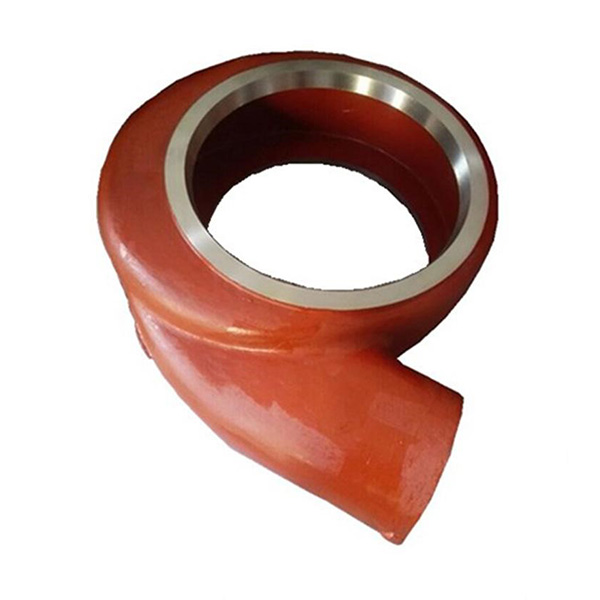Mobile:+86-311-808-126-83
Email:info@ydcastings.com
Advancements in Continuous Casting Techniques for Aluminum Production and Process Optimization
Aluminium Continuous Casting A Modern Approach in Metal Manufacturing
Aluminium continuous casting is a sophisticated manufacturing process that plays a crucial role in the production of high-quality aluminium products. This technique has revolutionized the way aluminium is processed and utilized in various industries, from automotive to aerospace and construction. By streamlining the casting process, continuous casting not only enhances efficiency but also improves the mechanical properties and surface quality of the final products.
The process of aluminium continuous casting involves the continuous pouring of molten aluminium into a mould, where it solidifies and is subsequently pulled through a series of rollers or guides
. Unlike traditional casting methods, where the molten metal is poured into stationary moulds and allowed to solidify batch by batch, continuous casting offers several advantages. One of the key benefits is that it reduces the amount of time needed for production, allowing manufacturers to produce large quantities of aluminium products efficiently.Moreover, continuous casting facilitates the creation of semi-finished products, such as slabs, billets, and ingots, which can be further processed into various shapes and sizes. These semi-finished products can then be rolled, extruded, or forged into end-use components, further enhancing their applicability across multiple sectors. As a result, continuous casting has become a preferred method for producing aluminium due to its versatility and efficiency.
aluminium continuous casting

The quality of aluminium produced through continuous casting is often superior to that obtained through traditional casting methods. This is primarily due to the controlled cooling and solidification processes that are characteristic of continuous casting. In traditional casting, the cooling rates can vary significantly, leading to the formation of defects such as porosity and segregation. Continuous casting, on the other hand, allows for uniform cooling, reducing the likelihood of these defects and resulting in a more homogeneous material structure.
Another significant advantage of aluminium continuous casting is its environmental impact. The process is designed to minimize waste and energy consumption, making it a more sustainable option in metal manufacturing. Excess material is often recycled back into the casting process, further reducing raw material usage and associated costs. As industries increasingly focus on sustainable practices, the demand for eco-friendly manufacturing processes like continuous casting is expected to rise.
Additionally, advancements in technology have significantly improved the efficiency and effectiveness of continuous casting. Innovations such as computer simulations and control systems allow for better monitoring and adjustment of casting parameters, resulting in enhanced product quality and reduced operational costs. These technological developments are vital in meeting the demanding standards of modern industries, where precision and quality are imperative.
In conclusion, aluminium continuous casting is a transformative process that has reshaped the landscape of metal manufacturing. Its ability to produce high-quality aluminium products efficiently and sustainably makes it a preferred choice for many industries. With continued technological advancements and a growing emphasis on environmental responsibility, the future of aluminium continuous casting appears promising, poised to meet the challenges of an evolving market while contributing to a greener planet. As the demand for lightweight and durable materials continues to rise, continuous casting will undoubtedly play a pivotal role in shaping the future of aluminium production and its applications in everyday life.
-
Why Should You Invest in Superior Pump Castings for Your Equipment?NewsJun.09,2025
-
Unlock Performance Potential with Stainless Impellers and Aluminum End CapsNewsJun.09,2025
-
Revolutionize Your Machinery with Superior Cast Iron and Aluminum ComponentsNewsJun.09,2025
-
Revolutionize Fluid Dynamics with Premium Pump ComponentsNewsJun.09,2025
-
Optimizing Industrial Systems with Essential Valve ComponentsNewsJun.09,2025
-
Elevate Grid Efficiency with High-Precision Power CastingsNewsJun.09,2025











